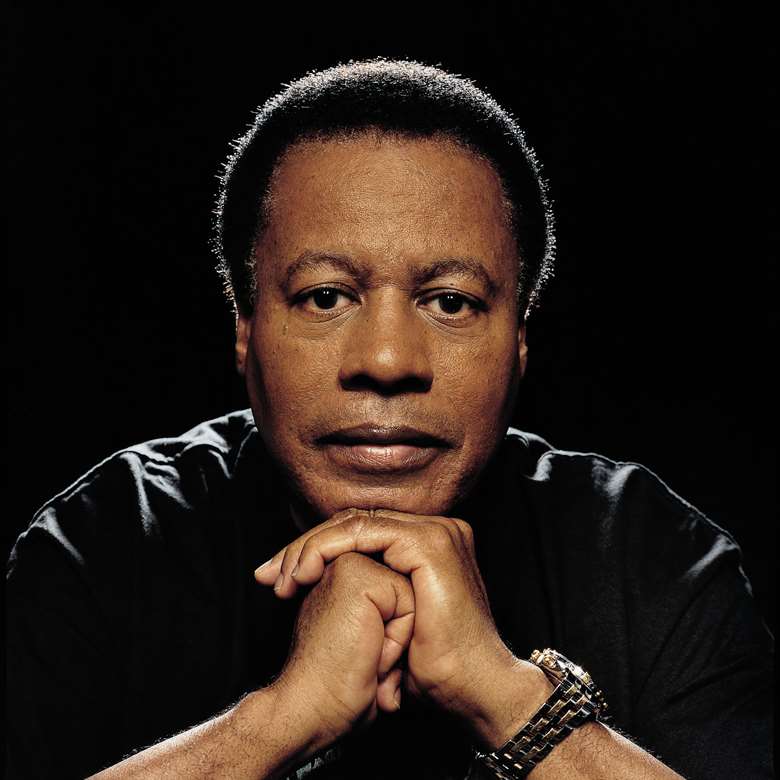Wayne Shorter’s final interview: “Through struggle and chaos, we find the elements for survival”
Michael Jackson
Wednesday, September 20, 2023
Late last year, renowned writer-photographer Michael Jackson spoke to Wayne Shorter at length, resulting in one of the great saxophonist’s last-ever interviews


Register now to continue reading

Thank you for visiting Jazzwise.co.uk. Sign up for a free account today to enjoy the following benefits:
- Free access to 3 subscriber-only articles per month
- Unlimited access to our news, live reviews and artist pages
- Free email newsletter
